Sometimes it feels like it’s easier to climb a mountain than overcome writer’s block. If you’ve ever found yourself staring at a blank page, grappling with the frustration of not knowing how to proceed, you’re not alone. Today, we’ll explore this common foe and share strategies to reignite your creative spark.
Understand Writer’s Block
Writer’s block can manifest in many forms, from the inability to start writing to hitting a wall mid-project. It’s often rooted in self-doubt, fear of failure, or the pressure to be perfect. The first step to overcome it is to understand that writer’s block is a common experience for authors at every level.
Embrace the Writing Process
Recognize that writing is a process with distinct phases, including brainstorming, drafting, editing, and revision. Don’t strive for perfection in the first draft. Focus on getting your ideas down on paper, and you can refine them later. They’re not going anywhere.
Cultivate Inspiration
Inspiration is a driving force for creativity. It can be found in everyday life, books, art, or conversations. Keep a journal to jot down intriguing ideas, snippets of dialogue, captivating imagery, or stray bits of prose. When you feel stuck, revisit your journal for inspiration. You never know what may spark a new idea.
Use Writing Prompts
Writing prompts are excellent tools to jumpstart your creativity. They provide a starting point and allow your mind to wander freely. Use prompts from books, websites, or create your own to overcome mental blocks. Even if the prompt doesn’t directly relate to your own project, it may still be just enough to get those juices flowing again.
Explore New Environments
A change of scenery can stimulate your creativity. If you usually write at home, try a café, park, or library. The new environment can offer fresh perspectives and ideas. Don’t be afraid to venture a bit outside your comfort zone, either: inspiration may strike in the most unexpected places.
Set Realistic Goals
Set achievable writing goals to avoid feeling overwhelmed. For instance, aim to write a certain number of words or pages each day. Small, consistent progress is more attainable than setting unrealistic expectations. Remember the old fable of the tortoise and the hare — persistence and discipline trump sporadic speed every time.
The Benefits of Routine
Establish a writing routine to train your mind for creativity. Set aside specific times for writing, and your brain will learn to switch into “writing mode” during those periods. If you come up with any ideas outside these times, write them down and save them for your next scheduled writing period.
Tackle Self-Doubt and Perfectionism
Silencing your inner critic is essential. Understand that first drafts are meant to be imperfect, and perfectionism is a creativity killer. Embrace the imperfections, as they can lead to valuable discoveries. Remember: perfect is the enemy of good.
Community and Collaboration
Connect with fellow writers or join a writing group. Sharing your work with others can provide feedback, encouragement, and accountability. Collaborative projects can also reignite your creative spark. And who knows — you might be helping out with someone else’s writer’s block as well.
Remember that writer’s block is a part of the writing journey. It’s not a roadblock but a detour that can lead to unexpected and exciting destinations. Embrace it as an opportunity to learn and grow as a writer.
As you continue to battle writer’s block, keep in mind that every word you write, whether brilliant or mundane, is a step forward. Persist and persevere, and you’ll discover that the creative spark, once ignited, will light your way forward.
At Presto Page, we’re dedicated to supporting authors on their self-publishing adventure. If you’re ready to begin your own journey, connect with us for a personalized consultation today!

